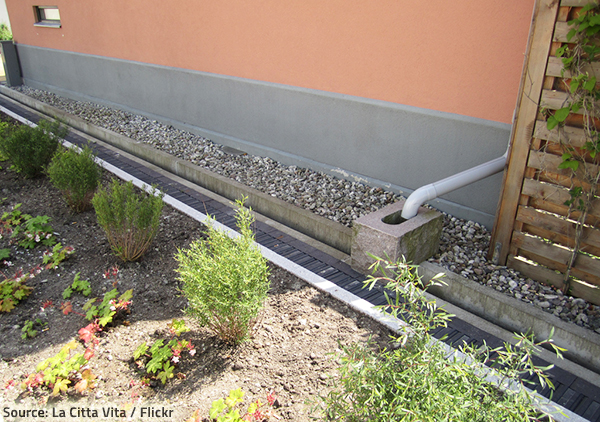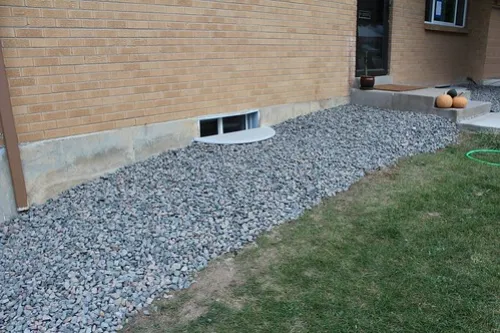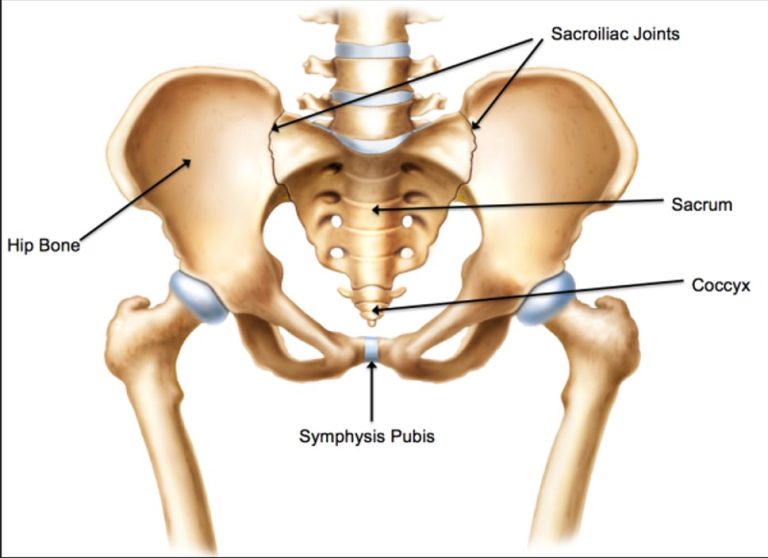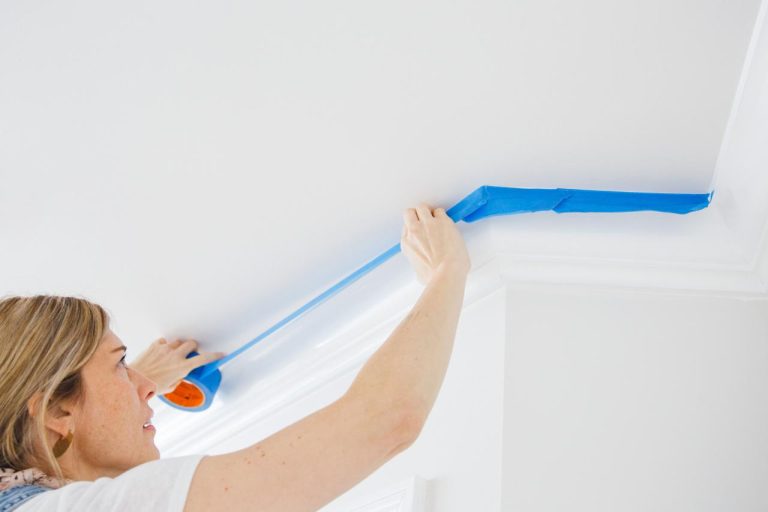How to Protect Foundation of House
The foundation is the most important part of your house. It supports the entire structure and keeps it from settling. If you have a problem with your foundation, it can cause serious damage to your home.
There are several things you can do to protect your foundation and keep it in good condition.
- Inspect the foundation of your house regularly for cracks or other damage
- If you find any damage, repair it promptly to prevent further deterioration
- Keep gutters and downspouts clean and in good repair to prevent water from seeping into the foundation
- Slope the ground away from the foundation to allow water to drain away from the house
How to Drain Water Away from Your House Foundation Effectively
One of the most important things you can do to protect your home’s foundation is to make sure water drains away from it. If water pools around your foundation, it can seep into cracks and cause serious damage. Here are some tips for draining water away from your house foundation:
- Make sure your gutters are clean and in good working condition. Clogged or damaged gutters can cause rainwater to spill over and pool around your foundation.
- Check the slope of your yard. Water should slope away from your house at a rate of about 6 inches per 10 feet. You can add soil or mulch to create this slope if necessary.
- Install drainage pipes or French drains around the perimeter of your foundation to direct water away from it. These should be connected to a sump pump that will ensure the water is pumped out of the area and not allowed to pool around your home.
- Cover any exposed areas of the foundation with waterproofing sealant to help prevent moisture from seeping in through cracks and causing damage.

Credit: restorationmasterfinder.com
What Do You Put around the Foundation of a House?
When it comes to your home’s foundation, there are a few things you can do to help protect it. One of the most important things is to make sure that you have proper drainage around the foundation. This means that you need to ensure that water is directed away from the foundation and not allowed to pool up next to it.
You can do this by making sure that your gutters are clean and in good working order, and by ensuring that any downspouts are directing water at least four feet away from the house. In addition to proper drainage, you also want to make sure that there is adequate ventilation around the foundation. This helps to prevent moisture buildup which can lead to mold and mildew problems.
You can provide ventilation by installing vents in your foundation or using a crawl space vapor barrier system. Finally, it’s also a good idea to insulate your foundation. This helps keep the ground around the foundation dryer, which can further help prevent moisture problems.
How Do I Keep My House, Foundation Moist?
One of the best ways to keep your house foundation moist is by using a dehumidifier. This will help to remove any excess moisture from the air, which can then be drained away from the foundation. You should also make sure that you have proper drainage around your foundation, as this will help to prevent water from pooling up and causing problems.
Finally, you may want to consider sealing your foundation with a waterproof sealant to further prevent moisture damage.
How Can I Protect My Building Foundation?
Foundation damage is one of the most serious problems that can affect a home. The foundation is what supports the entire weight of the house, and if it starts to crack or settle, the entire structure can be at risk. There are a few things you can do to help protect your foundation and prevent damage:
- Make sure that the ground around your foundation is properly graded. This means that it should slope away from the house at a rate of about six inches for every 10 feet. This will help keep water from pooling around the foundation and causing problems.
- Inspect your gutters and downspouts regularly to make sure they’re clear of debris and functioning properly. Clogged gutters can cause water to back up against the foundation, which can lead to cracks or leaks.
- Check for any cracks in your foundation, both inside and out, and have them repaired as soon as possible. Even small cracks can become big problems over time if they’re not taken care of right away.
- If you live in an area with expansive soils (soils that swell when they get wet), have your foundation assessed by a professional every few years to make sure it’s still in good condition. Expansive soils can put a lot of pressure on foundations, leading to cracking or settlement issues over time.
Should I Put Rocks around My Foundation?
If your home is in an area with poor drainage, putting rocks around the foundation can help to improve drainage and prevent water from seeping into the basement or crawl space. In addition, rocks can help to stabilize the soil around the foundation and prevent erosion. If you live in an area that is prone to earthquakes, rocks can also help to protect your foundation from damage.
How To Prevent Foundation Damage To Your Home – Today’s Homeowner with Danny Lipford
Conclusion
The foundation of your house is one of the most important structural components. It’s what keeps your home from shifting, cracking, and collapsing. With that in mind, you need to do everything you can to protect your foundation.
Here are a few tips:
- Check the grading around your foundation. Make sure that the ground slopes away from the house at a rate of about six inches for every 10 feet. This will help ensure that water doesn’t pool next to the foundation and cause problems.
- Inspect gutters and downspouts regularly. Clogged gutters can lead to water build-up and damage to the foundation. Keep them clean so that they can do their job properly.
- Be careful with landscaping near the foundation. Planting trees or shrubs too close to the house can damage foundations as their roots grow and spread over time. The same goes for putting in retaining walls or other structures without consulting a professional first – you could inadvertently put stress on the foundation itself which could lead to cracks or other damage over time.
- If you see any cracks in your foundation, don’t ignore them!






